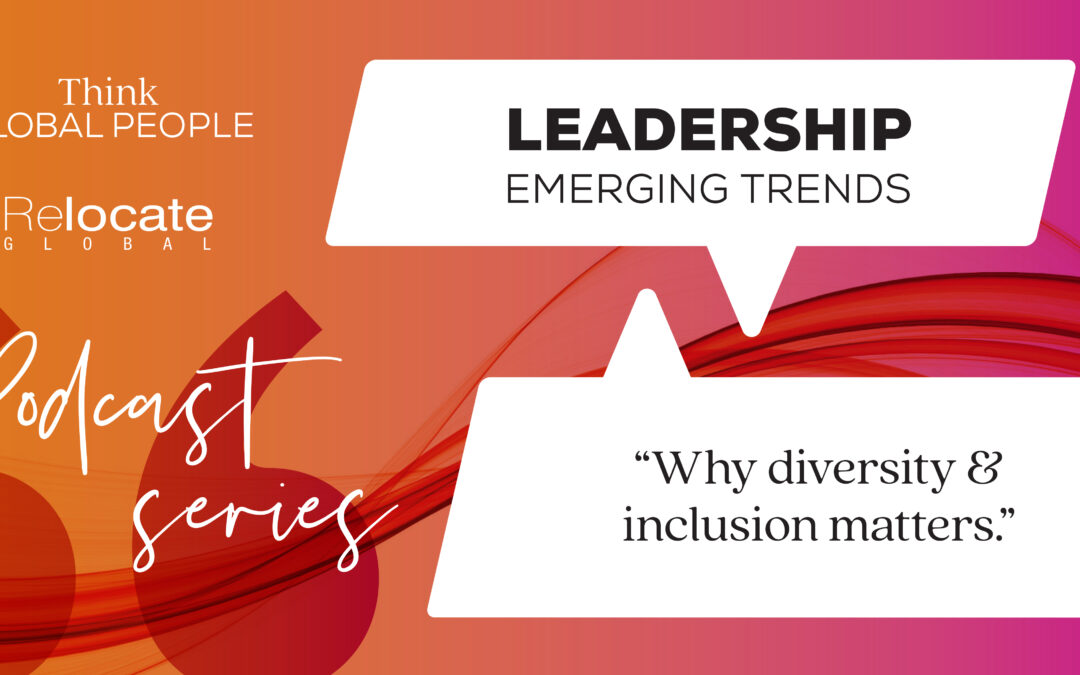About this podcast
While diversity can help organisations grow and thrive, the path to create a fully diverse working culture can be more problematic than organisations anticipate. Changing culture can be challenging but there are strong social, human capital and business case arguments for incorporating and improving diversity.
Listen now:
Marianne is joined by Dr Susan Shortland, Senior Lecturer in Human Resources Management (HRM) at the University of Westminster to discuss why diversity, equality and inclusion matter on many levels, and how being an ethical and inclusive employer can help future-proof your business.
They discuss the legislative requirements and law around diversity, the social arguments for diversifying a workforce, and the positive implications for human capital. From a business case perspective, they look at how diversity can contribute to market competitiveness and branding.
Susan is Professor Emerita at London Metropolitan University and a Chartered Fellow of the Chartered Institute of Personnel & Development and a Senior Fellow of the Higher Education Academy. Susan is an active researcher and the author of five books in the field of HRM. She previously held a managerial consultancy role in international HRM at KPMG and managed The CBI Employee Relocation Council.
Marianne and Susan look at how creating an inclusive, productive environment in which everyone feels valued means that employees’ talents and ideas can be fully used and their voices heard. It can provide new solutions to old problems and make an organisation more attractive to younger employees.
While diversity brings many benefits, it can also create productive conflict and Susan offers some tips on how to manage this. She explains how joint ventures or partnerships with non-Western organisations can be problematic because diversity may not be understood across all cultures. For this reason, ensuring an employer is meeting their duty of care in keeping employees safe while respecting their lifestyle choices is imperative. When approaching suitable candidates for potential assignments, Susan discusses a number of options employers can consider in order to ensure relocation opportunities are offered to as wide a range of candidates as possible.
Speakers:
Marianne Curphey
Marianne is an award-winning freelance journalist, author and columnist specializing in personal finance and business. She writes on investment and personal finance for national magazines, newspapers and websites including BBC Worldwide, The Daily Telegraph, The Sunday Telegraph, The Times, The Guardian and The Observer.
Dr. Sue Shortland
Susan is a Senior Lecturer in HRM at the University of Westminster. Her career spans 40+ years, during which time she has worked in both the private and public sectors. She is a Chartered Fellow of the Chartered Institute of Personnel and Development and a Senior Fellow of the Higher Education Academy.






